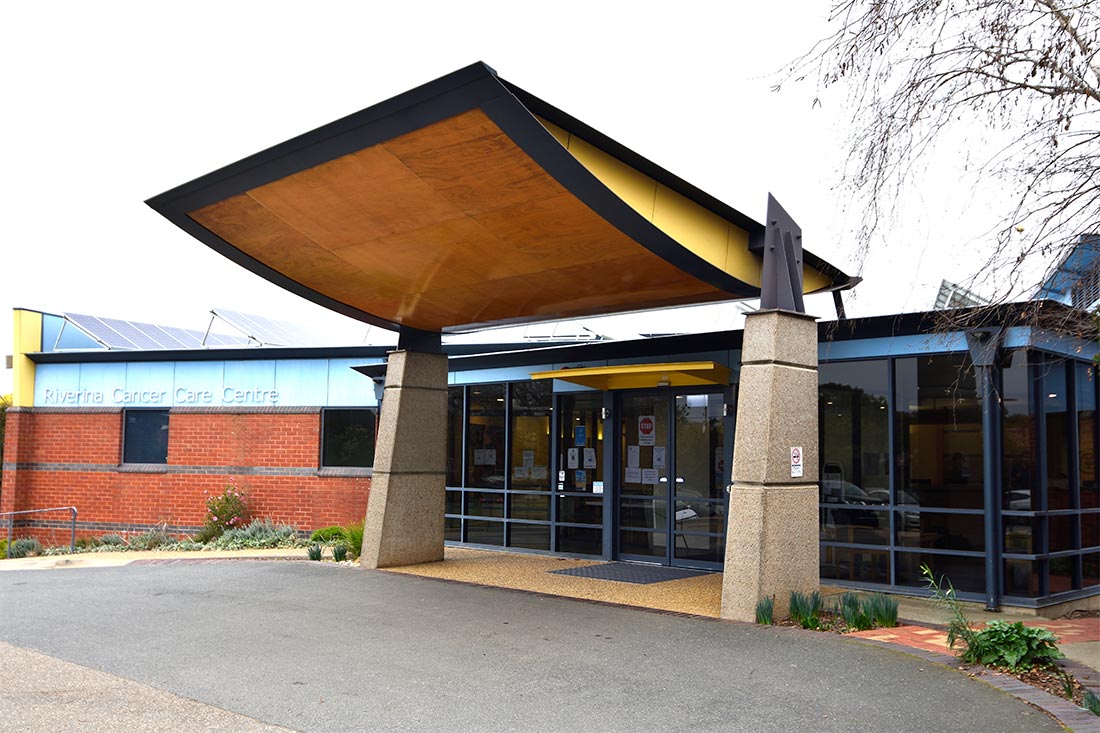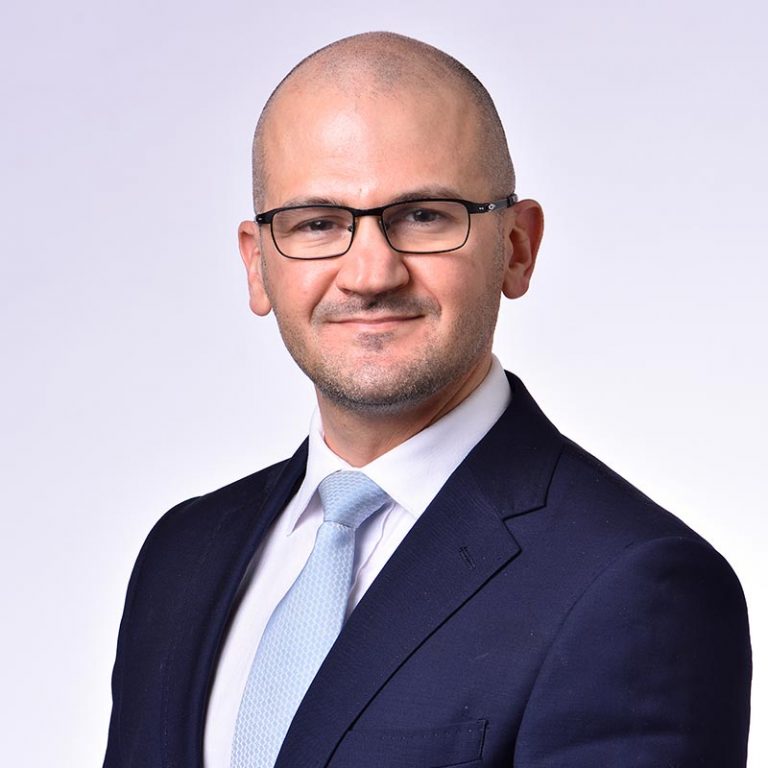Located on the grounds of Calvary Hospital, the Cancer Care Riverina is a hub for innovative science within a state-of-the-art, comprehensive cancer treatment facility.
We provide high-quality Radiation Therapy and Chemotherapy treatment in a modern and comfortable environment.
Cancer Care Riverina
31 Meurant Ave
Wagga Wagga NSW 2650
Australia
Wagga Wagga NSW 2650
Australia
| Monday | |
| Tuesday | |
| Wednesday | |
| Thursday | |
| Friday | |
| Saturday | Closed |
| Sunday | Closed |









